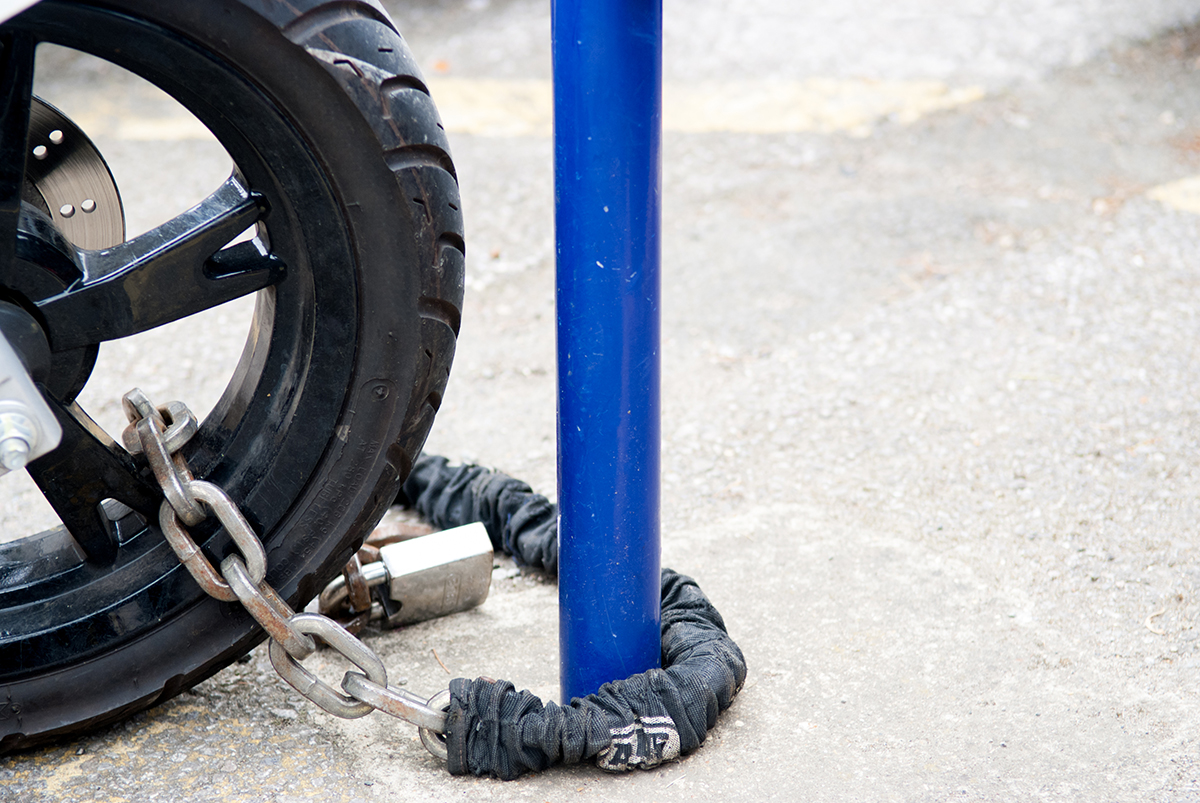For many families, the holidays are a chance for relatives who don’t usually see each other to come together.
In some cases, it may be the only time of year that everyone’s under one roof…
And when there’s a family member who needs assistance — like an elderly loved one with mobility or cognitive issues — the holidays can show just how much their health has changed over the past year.
If you’re a primary caregiver, these reunions are the perfect opportunity to have difficult but necessary talks about your senior and the best course of action to care for them moving forward.
Keep reading as we explore how you can use the holidays to your advantage for the good of your elderly loved one’s health.
Seeing is Believing
You can call or text your loved ones about how your father has become more forgetful lately, but until they see it for themselves, it may be difficult to get the gravity of the situation across to them.
It’s unfortunate, but it’s human nature.
When they visit and get some one-on-one time with him, they can start to grasp the severity of the issue. These situations are one of the main reasons why the holidays can be such a great help for caregivers.
When your other family members see what’s going on, it can be the catalyst for important conversations.
Tough But Necessary Conversations
Throughout the year, coordinating family meetings can be a lot like herding cats.
But if your senior’s health is declining, the holidays are often the best time to get together and talk about it.
Depending on the situation, you may need to discuss your elderly loved one’s health and mobility, cognitive health, financial plans, or all of the above.
Health & Mobility
As a caregiver, you want to protect your elderly loved one’s independence for as long as possible.
But if you and your family notice that they’ve lost a lot of weight, or they have trouble getting around and completing everyday tasks, it might be time to open a conversation about their health.
Talks like these will allow you to check in with your senior and find the solution that works best for them. It’ll also give the family a chance to decide everyone’s role in the plan — who’s paying for what, who can help, etc.
Sometimes, the solution may be simple. They may just need a nurse to visit them regularly and make sure they’re staying on top of their medications and getting around okay.
Other times, it may be best to start looking into assisted living facilities.
Cognitive Health
If a parent or elderly loved one is getting on in age, it’s crucial for you and your family to know the signs and symptoms of cognitive decline.
Knowing what to look for can ensure you take the right steps and, most importantly, involve them in the treatment process while they’re still mentally capable.
If you notice your loved one showing any of the following warning signs, talk with them about seeing a doctor to find the cause, and coordinate with your family members to make it happen:
- Memory loss that disrupts daily life: forgetting events, repeating yourself or relying on more aids to help you remember (like sticky notes or reminders).
- Challenges in planning or solving problems: having trouble paying bills or cooking recipes you have used for years.
- Difficulty completing familiar tasks at home, at work, or at leisure: having problems with cooking, driving places, using a cell phone, or shopping.
- Confusion with time or place: having trouble understanding an event that is happening later or losing track of dates.
- Trouble understanding visual images and spatial relations: having more difficulty balancing or judging distance, tripping over things at home, or spilling or dropping things more often.
- New problems with words in speaking or writing: having trouble following or joining a conversation or struggling to find a word you are looking for (saying “that thing on your wrist that tells time” instead of “watch”).
- Misplacing things and losing the ability to retrace steps: placing car keys in the washer or dryer or not being able to retrace steps to find something.
- Decreased or poor judgment: being a victim of a scam, not managing money well, paying less attention to hygiene, or having trouble taking care of a pet.
- Withdrawal from work or social activities: not wanting to go to church or other activities as you usually do, not being able to follow football games or keep up with what’s happening.
- Changes in mood and personality: getting easily upset in common situations or being fearful or suspicious.
These symptoms come straight from the Centers for Disease Control, and when you catch them early, you allow your family to make the right preparations for the future.
Having these conversations when the family is together over the holidays will help keep everyone on the same page and ensure the comfort and safety of your loved one moving forward.
Finances
Big life changes like adjusting to live-in care or moving to a retirement home come with their fair share of financial hurdles.
If you know these developments are coming down the road, it’s crucial to talk about finances both with your elderly loved one and other family members. That way, you can ensure they’ll have all the money they need to live comfortably.
It may be tricky because finances can be a touchy subject, but the older your loved one gets, the more important it is to be honest about it. Their financial stability depends on it!
If necessary, try to establish a financial plan with your parent or grandparent this holiday season to give them the support they need.
How to Keep Your Senior Safe at Home
The holidays are also a great time to discuss safety precautions you and your family can take to help your elderly loved one maintain their independence.
If you need some senior home safety tips, we have several different articles you’ll want to have a look at:
- Learn how to prevent falls in the bedroom with our fall-proof bedroom guide.
- Check out our bathroom safety checklist for seniors here.
- We also have an essential winter safety guide for the elderly here.
And if you want to create more independence for your elderly loved one and peace of mind for you and the whole family, download the Rescu mobile medical alert app.
When you set your parent or grandparent up with Rescu, you can store their address, medical information, and emergency contacts on the app. In an emergency, all they have to do is tap fire, police, or ambulance, and then tap Send Alert.
Then, Rescu’s dedicated monitoring center will dispatch responders to their address immediately, and the app will automatically send their medical information to emergency personnel and notify every listed contact.
If your senior likes to stay active, the newly released Rescu Prime subscription is powered by state-of-the-art GPS technology. No matter where they are in the United States, when your loved one taps Send Alert, the Rescu app will identify their location and dispatch the closest emergency responders.
If you want to ensure your senior stays safe at home, talk with your family about Rescu this holiday season.
Peace of mind starts at only $7 a month.





